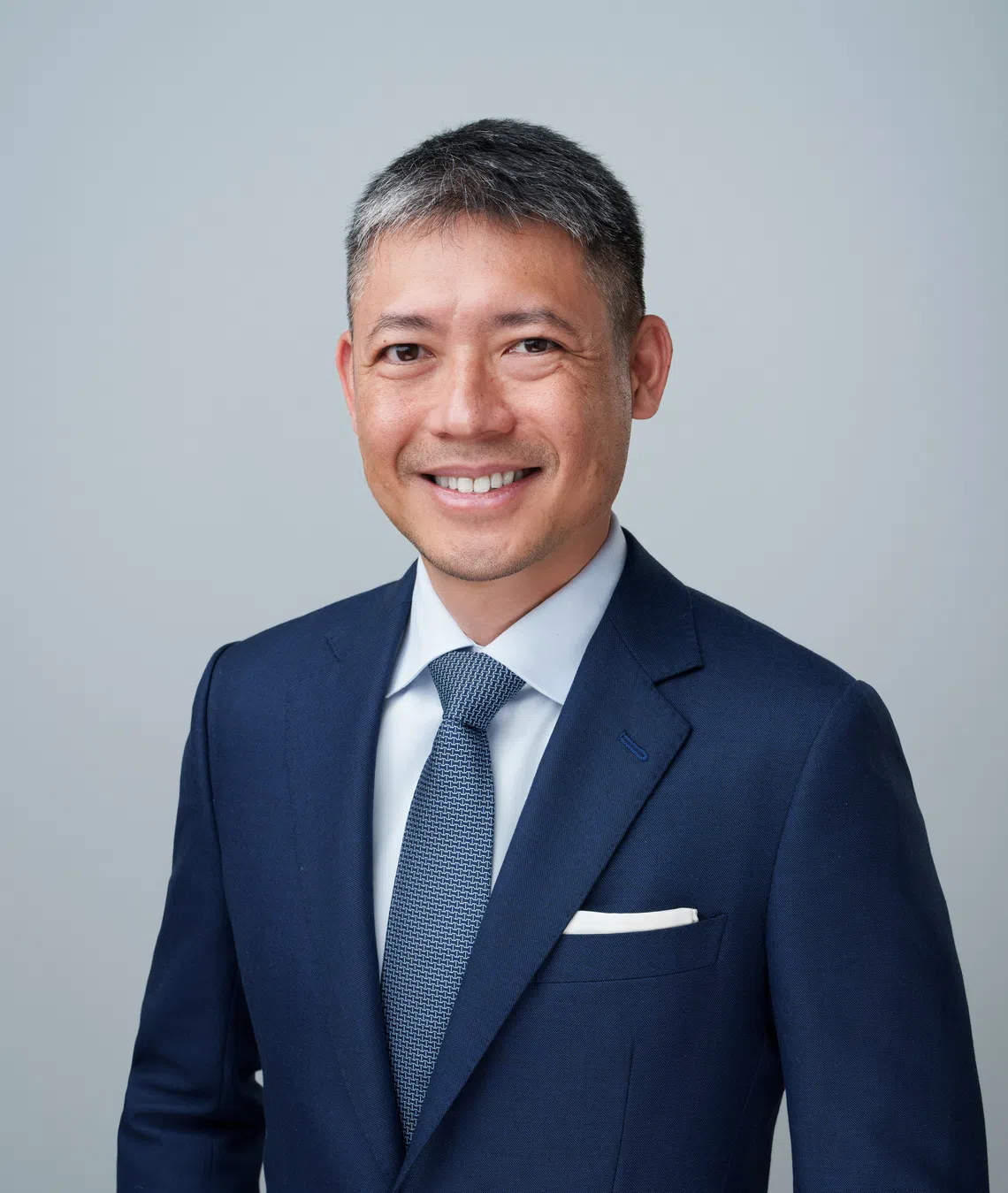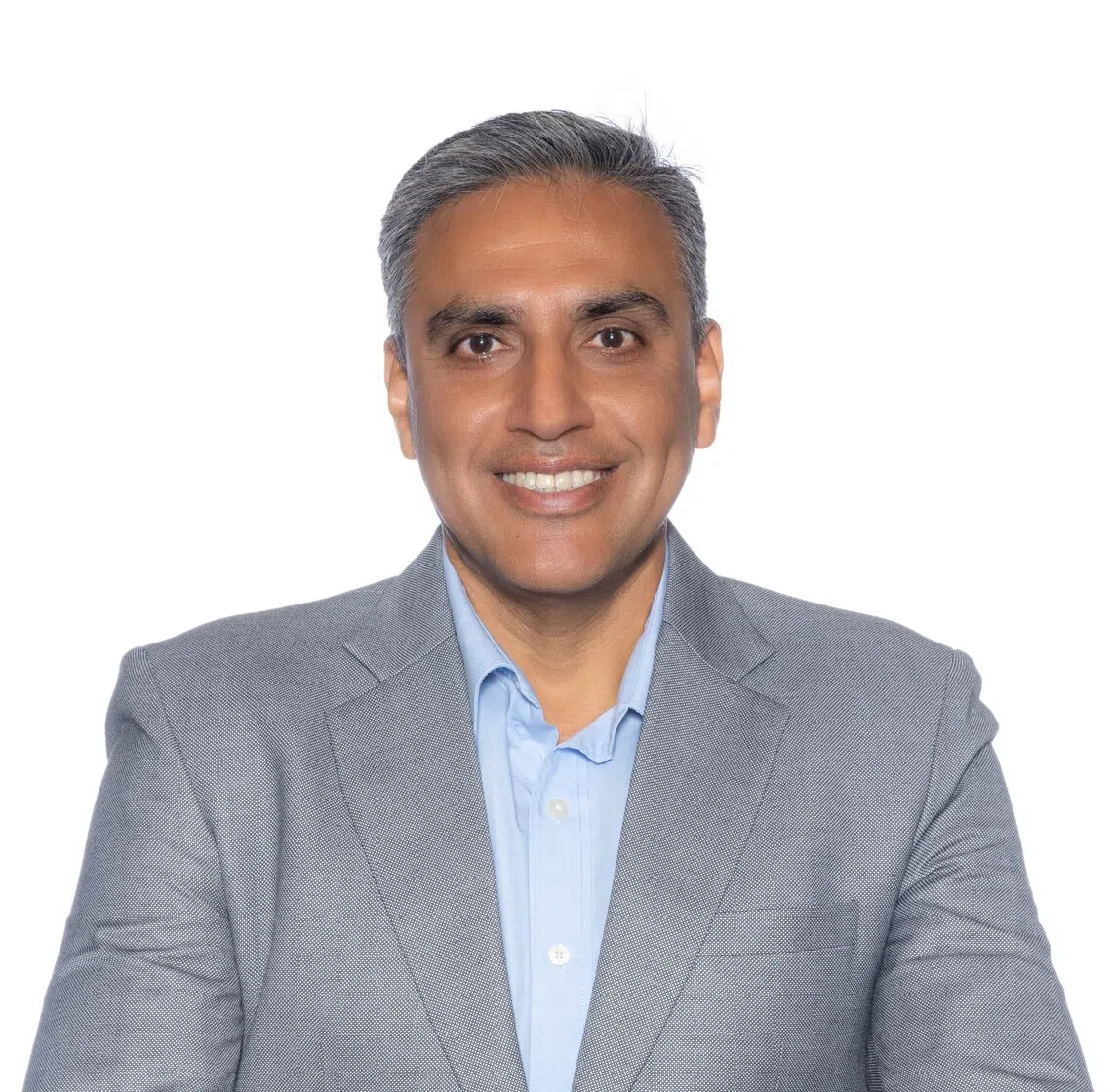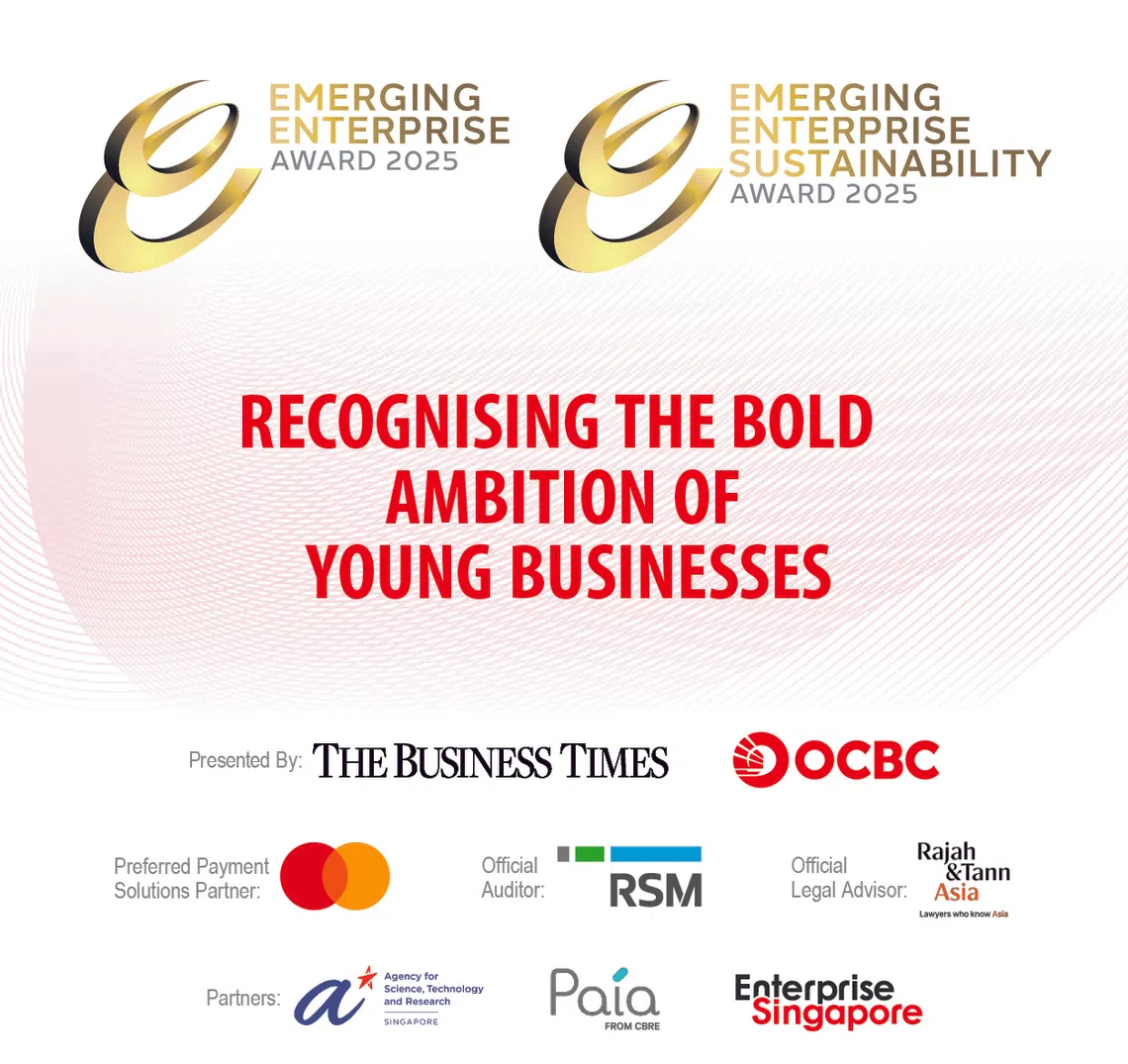A winning formula: Innovate and expand, but remember business fundamentals
Judges of the Emerging Enterprise Awards are looking for companies that stay agile yet focused on customer needs

[SINGAPORE] The annual Emerging Enterprise (EE) Awards, presented by The Business Times and OCBC, recognise small and medium-sized enterprises (SMEs) that pursue consistent, sustainable growth and have potential for overseas expansion.
In this roundtable, the judges of this year’s award share their views on what makes a promising emerging enterprise.
ROUNDTABLE PANELLISTS:
- Christie Chu, head of emerging business international, OCBC
- Emily Liew, assistant managing director for innovation, Enterprise Singapore
- Jonathan Yuen, head of commercial litigation and employment, Rajah & Tann Asia
- Rahul Sen, vice-president of business development, commercial and new payment flows, Asia-Pacific, Mastercard
- Woo E-Sah, partner and head of assurance, RSM Singapore
Moderator: Elysia Tan, journalist, The Business Times
How does your professional background shape the way you assess EE Award finalists?
Christie Chu: Having spent years in SME banking, I have seen first-hand how vision, resilience and execution come together to build sustainable businesses.
I look beyond growth metrics for grit, clarity and leadership that turns challenges into catalysts. The most impressive finalists are those who know exactly why they exist and who they serve.
Navigate Asia in
a new global order
Get the insights delivered to your inbox.
Emily Liew: In driving the growth of Singapore’s innovation and startup ecosystem, I’ve learnt that the most promising enterprises start with wanting to solve meaningful problems.
Rather than chasing fads, they offer differentiated products that address market needs. I look out for such clarity of vision and a purpose-driven mindset.
Strong technical knowledge coupled with sharp business acumen are also essential to building businesses that can scale.
Jonathan Yuen: As a dispute resolution specialist in M&A (mergers and acquisitions) and employment disputes, I look past optimistic sales projections and marketing language to query businesses on hard facts: How does this business deal with uncertainty and risk? Does it have appropriate dispute-resolution mechanisms?
Do they have sufficient legal protections for their intellectual property and proprietary information? Are their key employees properly secured?

Rahul Sen: With over two decades in commercial payments and business development, I’ve worked closely with enterprises at various stages of growth.
This has taught me to look beyond surface-level success and assess the underlying fundamentals. I pay close attention to how finalists approach scalability, customer engagement, operational resilience, adaptability and innovation.
I also value how they leverage partnerships and ecosystems.
Woo E-Sah: Coming from a finance background, I look at financials and key ratios as indicators of business fundamentals.
Entrepreneurs, while focusing on growth and agility, also need to understand the business and revenue model. Beyond the numbers, I pay attention to how well they manage tax compliance and legal obligations.
What qualities distinguish a small business with real staying power in today’s uncertain environment?
Chu: Agility, clarity of purpose and disciplined execution. Thriving businesses tend to have a strong value proposition, a deep understanding of customers, and the ability to pivot without losing their core identity.
In today’s environment, resilience also means being financially prudent and digitally enabled to improve efficiency and capture new markets.

Liew: They are focused on designing go-to-market strategies early, and are open to adopting new technologies, enabling them to shift direction when circumstances change.
Equally crucial is a strong network. Building relationships with partners, investors and customers can build a track record. The best opportunities often come from a simple referral within entrepreneurs’ networks.
Yuen: They’d need to have invested in establishing foundational and proper processes, documentation, legal frameworks and governance – without which, any initial gains will be quickly lost or eroded due to competition or an uncertain environment.
Sen: Staying power comes from agility, clarity of purpose and a deep understanding of customer needs.
Businesses that invest in digital tools to streamline operations and improve decision-making tend to be more resilient. Equally important, however, is a culture that encourages experimentation, embraces feedback, and prioritises long-term value over short-term gains.
Woo: Businesses that understand their margins, manage cash flow effectively, make decisions backed by numbers, listen closely to customers, and embrace digital tools are better equipped to weather uncertainty.
It’s not just about surviving a downturn, it’s about continually learning, iterating, and positioning the business to seize opportunities.
When pursuing regional or global growth, what common pitfalls should young enterprises avoid – and how can they prepare better?
Chu: Take time to understand cultural nuances, regulatory landscapes and customer behaviours. Build strong local alliances and expand with intention – not impulse. Growth is not just about speed; it is about knowing where and how to land.
Liew: Many start by building a strong local foundation before expanding overseas, but both can happen in parallel. Early global exposure allows them to test innovations, make refinements through market feedback and understand global trends.
Starting with a global mindset helps businesses design scalable solutions beyond Singapore’s small market, while encouraging early planning around target markets, entry strategies and resource needs.
Companies can tap Enterprise Singapore’s overseas offices to support smoother market entries.

Yuen: Young enterprises frequently neglect to understand and adapt to the regulatory and legal frameworks of overseas markets, mistakenly assuming that they’d be “roughly similar” to what they may be used to – only to get a rude shock when confronted with such obstacles.
Another common mistake is for the young business to go all-in, when they should attempt soft launches first to test the feasibility of the new market.
Sen: One common pitfall is expanding too quickly without understanding local market dynamics. Preparation means doing the groundwork: whether it’s building local partnerships, understanding compliance requirements, or ensuring operational readiness.
Enterprises should also invest early in secure and scalable infrastructure to avoid bottlenecks later. A phased approach to expansion, supported by data and local insights, often yields better outcomes than rapid, unfocused growth.

Woo: Young enterprises sometimes assume that what works at home will translate seamlessly abroad. Issues such as transfer pricing, goods and services tax or value-added tax, withholding tax, employment law, and contract enforceability can have a huge impact on profitability.
Working with advisers with regional expertise helps businesses navigate compliance, avoid costly surprises, and build the right structures from the start.
Before chasing revenue, strengthen the home base – this means reliable financial controls, healthy cash flow, and a clear pricing and revenue model.
What is one business trend that small enterprises must act on now, to stay competitive in the next three to five years?
Chu: Artificial intelligence (AI) and data-driven decision-making are no longer optional – they will soon be foundational. Small enterprises that embrace AI to enhance customer experience, streamline operations or gain insights from data will have an edge.
They should also cultivate a mindset of continual learning and innovation. Those who embed digital thinking into their culture and operations will be better positioned to adapt and lead.
Liew: We are already seeing AI’s impact in areas such as hyper-personalised customer experiences, predictive maintenance and product innovation.
For small enterprises, starting early, whether through small-scale pilots or operational improvements, can provide a crucial head start.
Integrating AI responsibly, with attention to data ethics, security and transparency, will become a real differentiator in gaining customer trust.
Yuen: Given that governments across Asean continue to roll out green financing, carbon-reporting mandates, and sustainable procurement requirements that affect eligibility for contracts and funding, SMEs should incorporate sustainability considerations and compliance into their operations by default.
Sen: We’re seeing the emergence of agentic AI, which goes beyond task automation to systems that can make decisions, learn from outcomes and act independently. This will reshape how consumers interact with businesses, product discovery and service delivery.
For small businesses, this means building AI literacy today to prepare for a future where customer expectations are shaped by intelligent, responsive systems.

Woo: Small enterprises must embed technology into their operations. While there are many off-the-shelf digital tools, small enterprises should not assume “one size fits all”. Every business has unique cost structures, customer segments and compliance requirements.
Customisation allows technology to work with the business model, rather than forcing the business to fit the tool.

Decoding Asia newsletter: your guide to navigating Asia in a new global order. Sign up here to get Decoding Asia newsletter. Delivered to your inbox. Free.
Copyright SPH Media. All rights reserved.

